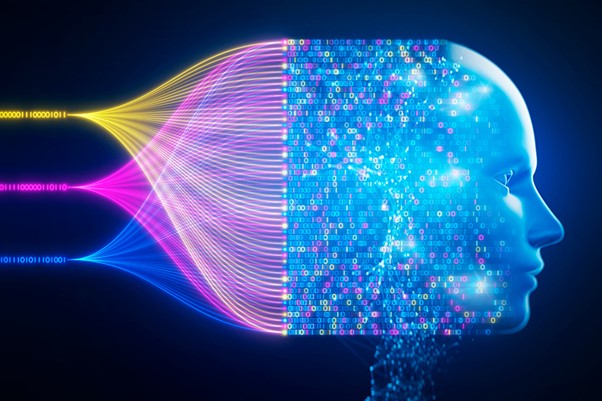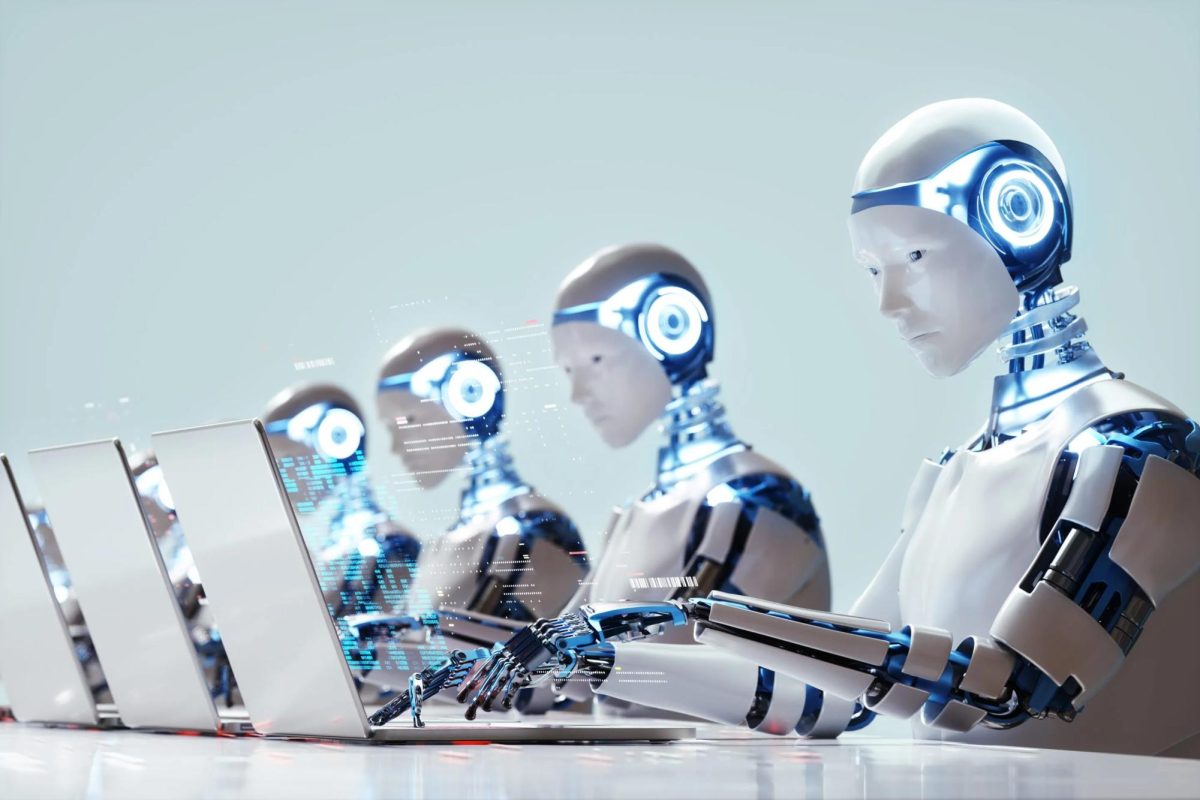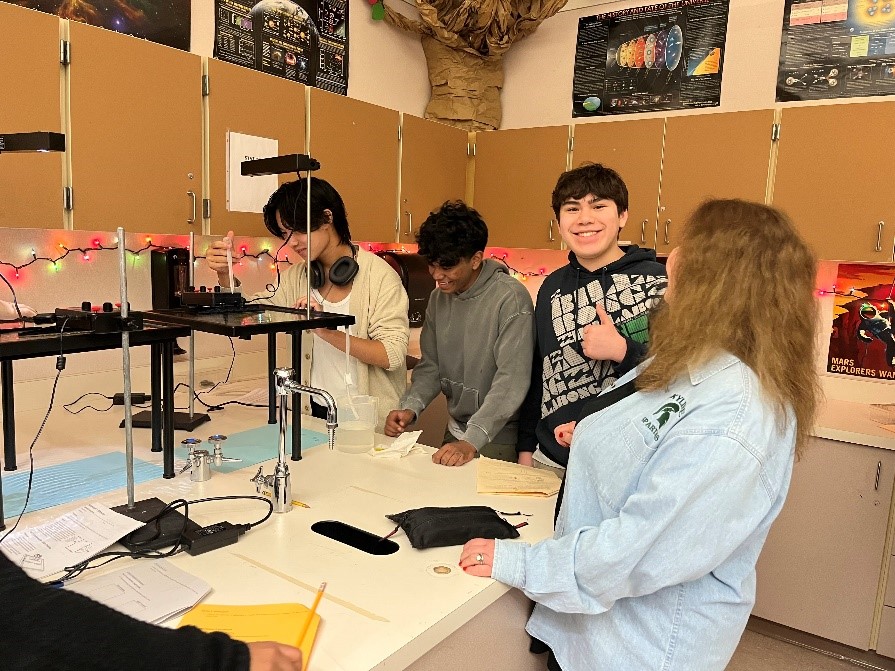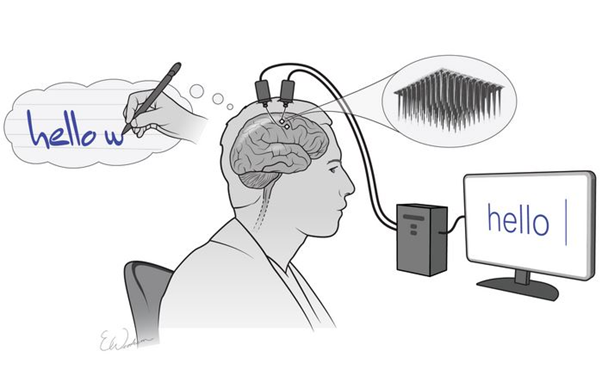In 2023, artificial intelligence (AI) took the world by storm. These models—essentially mathematical algorithms implemented through code that mimic aspects of human intelligence—became a widespread topic of discussion, leading to excitement and concern about the future. However, human programmers remain important despite the rise of AI.
To understand whether AI can replace human programmers, it’s crucial to understand what programmers do. According to the US Bureau of Labor Statistics, “Computer programmers write, modify, and test code and scripts that allow computer software and applications to function properly.” Today, AI can already perform some of these tasks. For example, tools like GitHub Copilot can generate code or even entire applications with just a click. AI models are increasingly capable of writing and testing code at impressive speeds, even speeds faster than human programmers.
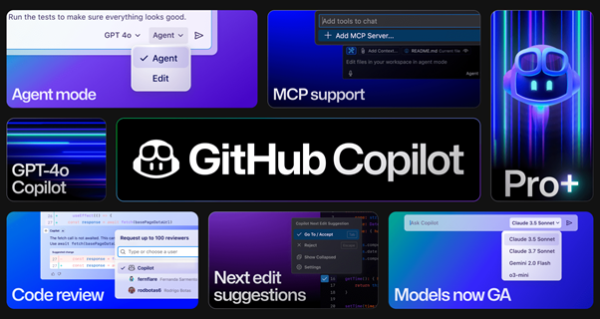
However, programming isn’t just about writing or debugging lines of code—it often involves solving complex, real-world problems. Software development requires strategy, creativity, and a deep understanding of possible scenarios where the software could be implemented in real life. These are areas where AI still falls short, compared to human programmers. While AI can replicate patterns and generate code, it cannot reason contextually, generate original ideas, or ensure that software is truly applicable and valuable in real-world situations.
While AI can perform certain tasks that programmers do, it will most likely be used as a tool rather than a replacement. In the future, AI can assist with repetitive or mundane aspects of programming, allowing human programmers to focus on system design, critical thinking, and creative problem-solving. This could make software development more efficient and result in faster growth in the field. Nevertheless, AI might still impact jobs. Programmers focusing primarily on basic coding and debugging might find their jobs at risk. However, human programmers who design software with creativity, strategic thinking, and real-world understanding will not be negatively affected but assisted by AI. As Satya Nadella, the CEO of Microsoft, said, “Ultimately, it’s not going to be about human vs. machine. We, humans, have creativity, empathy, emotion, physicality, and insight that can then be mixed with powerful A.I. computation—the ability to reason over large amounts of data and do pattern recognition more quickly—to help move society forward.” Additionally, Jeff Dean, Chief Scientist at Google, stated that “Artificial intelligence tools help write better code, catch bugs, and improve productivity. But they still lack true reasoning or creativity.”
The future may remain uncertain, but what is clear is that AI cannot match the full depth of human intelligence. As Tim Cook, the CEO of Apple, stated, “Technology is a tool, not a purpose.” While some roles may be replaced or reshaped, AI will most likely be a powerful tool to enhance programming, not a substitute for the human mind behind the machine.
For more information:
Why AI Won’t Replace Programmers: A Comparison With Robots
Will AI Replace Programmers? Navigating the Future of Coding


